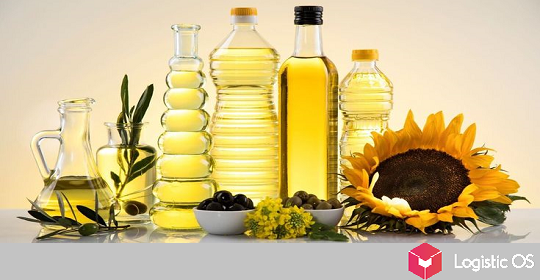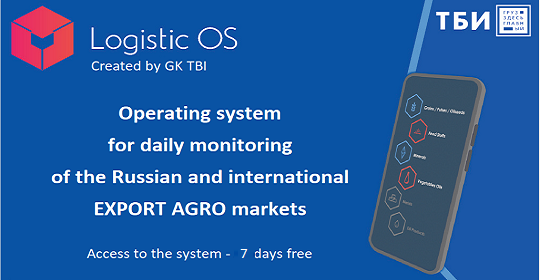The difficult geopolitical situation and Western sanctions may unblock the construction of a large ammonia transshipment terminal in the Krasnodar Territory.
The global ammonia market is growing rapidly.
In 2022, its volume is about $70 billion, by 2027 it is expected to grow to $90 billion.
At the same time, Russia is the world’s largest producer of fertilizers, but there are problems. In particular, the country does not have its own ammonia transshipment ports.
As a result, one has to rely on similar facilities in other countries, including Latvia, Estonia, and Ukraine.
As for the latter, the Togliatti-Odessa ammonia pipeline has been successfully operated for the past 40 years, and a significant share of the products of Russian enterprises went through it, which was then loaded onto ships through the port of Odessa.
However, since February of this year, this scheme has become unavailable.
This caused huge problems for Russian producers, for example, Uralchem. He has about 260 thousand tons of products “stuck” in European ports.
Other companies have the same problems: Akron has 50 thousand tons frozen, Eurochem has 100.
Construction of the port in Taman will be resumed
In general, this port began to be built back in 2003, but its fate is difficult: construction has already been frozen several times, then it was interrupted while courts were going on for the right to own land.
Now there is a chance that the object will still be completed.
Considerable investments are needed: about 50 billion rubles. But it is “inspiring” that there is simply no other way for Russian fertilizer producers today, except for the completion of this port.
For example, one cannot be sure that the pipeline from Togliatti to Odessa will be operational again in the next few years.
Therefore, Uralchem is seriously planning to complete construction within 2023.
It is not so easy: many issues regarding land ownership have not yet been resolved, plus you need to get imported equipment from somewhere, which is necessary for the full operation of the port.
And this can also become a problem, given the sanctions that directly affect the supply of high-tech goods to Russia.
However, there is hope that the state will do everything possible to help resolve this issue.
By the way, Uralchem also asks the President of the Russian Federation to temporarily resume the transportation of ammonia through Odessa as part of a grain deal with Ukraine, but whether this will work is still unknown.
What are the prospects?
If the Russian port in Taman opens, this will give independence to Russian fertilizer producers, who will be able to freely supply their products, open up new markets for export, including to «friendly» countries, for example, to China and Southeast Asia.
Given all this, the chance that the pipeline will be completed quickly, despite all the problems, becomes quite large.

